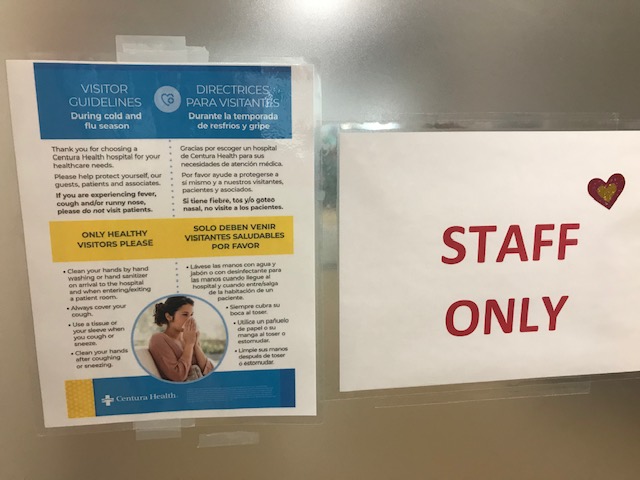The effects of COIVD-19 are proving to be more than an acute illness. We are just beginning to see the results of studies looking at the virus’s long-term impact, and the results are not encouraging. A previously reported study in The Lancet showed that 76% of people infected with the virus still had at least one symptom six months later.
A new study gives us insight into the impact of COVID-19 on people’s ability to return to work. That study surveyed 3,762 people from 56 countries who had been infected by COVID-19 and found that almost half of them were unable to return to full-time employment six months after infection. More concerning, a full 22% were not able to return to work at all. To reiterate, half of those infected were not unable to return to full-time work, and nearly a quarter could not return to their jobs at all.
More than 26,000,000 people have suffered known infections in the USA (almost assuredly an underestimate.) If 22% of that number is unable to return to work, that will create a huge hole in the American workforce. It will also be a hefty tax on those who can work to support those who cannot.
Of course, not all of those who tested positive are of working age. But that should be little comfort because the severity of the initial illness does not appear to predict how disabled people will be long-term. Many people with mild initial infections are proving to suffer long-term symptoms and disability. This means young and healthy individuals are not immune to prolonged disability from the virus. And those are the people the future of this nation is most dependent upon. We could be seeing economic harm from COVID-19 long after the virus is gone.
COVID-19 is not an illness you want to take a chance on. Stay safe, stay home, and get vaccinated when you can.

